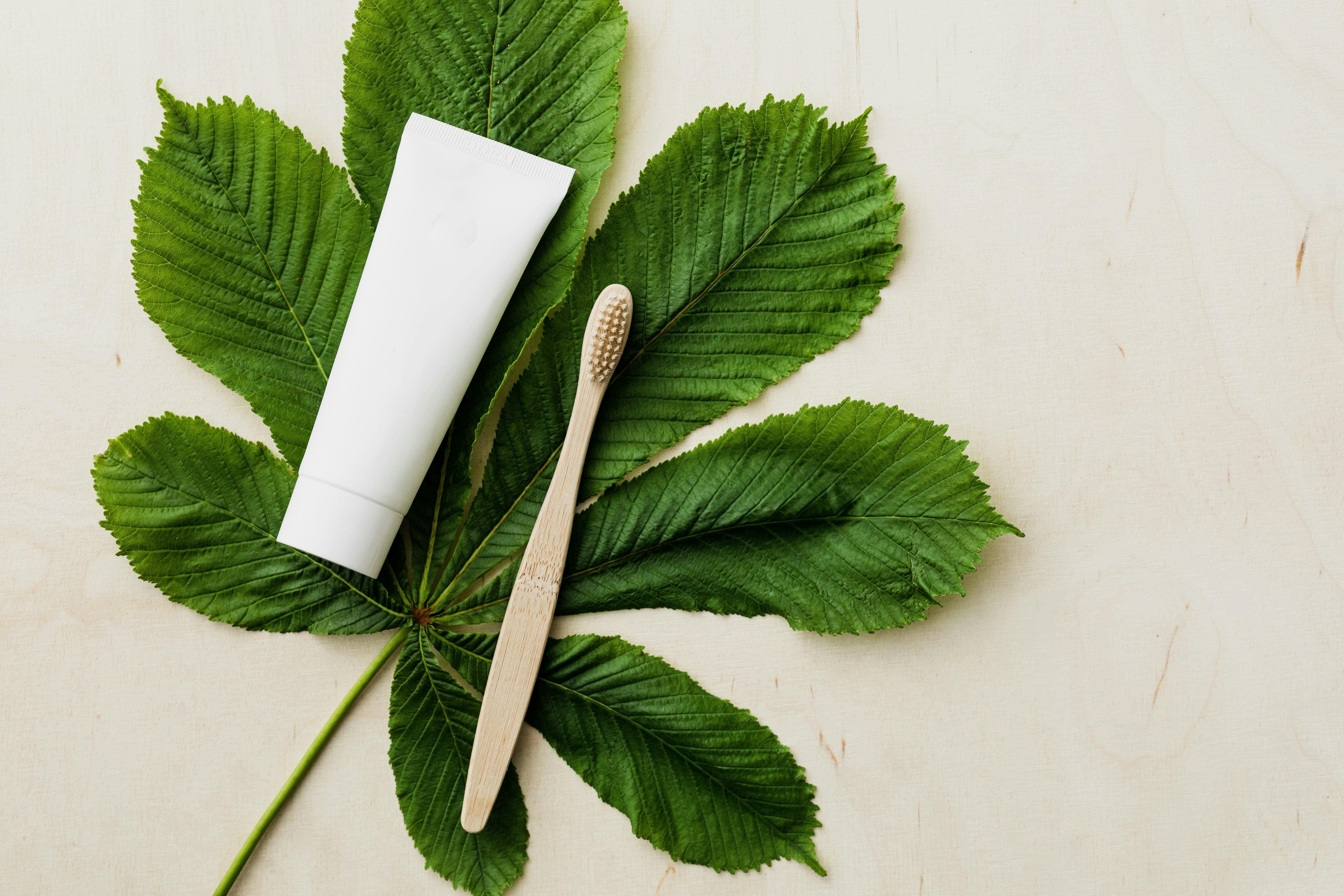Maintaining a healthy diet is essential for good oral health. The foods you eat can have a significant impact on the health of your teeth and gums. A balanced diet provides the necessary nutrients for strong teeth and gums, while an unhealthy diet can contribute to tooth decay and gum disease.
Sugary and acidic foods, such as candies, sodas, and citrus fruits, can erode the enamel of your teeth and increase the risk of cavities. On the other hand, a diet rich in calcium, vitamin D, and phosphorous can help strengthen your teeth and prevent tooth decay.
Additionally, poor nutrition can weaken your immune system, making it more difficult for your body to fight off infections in your mouth. This can lead to gum disease, which can cause gum inflammation, bleeding, and even tooth loss.
In summary, the link between diet and oral health is undeniable. By making healthy food choices and avoiding foods that harm your teeth and gums, you can significantly improve your dental health.



























